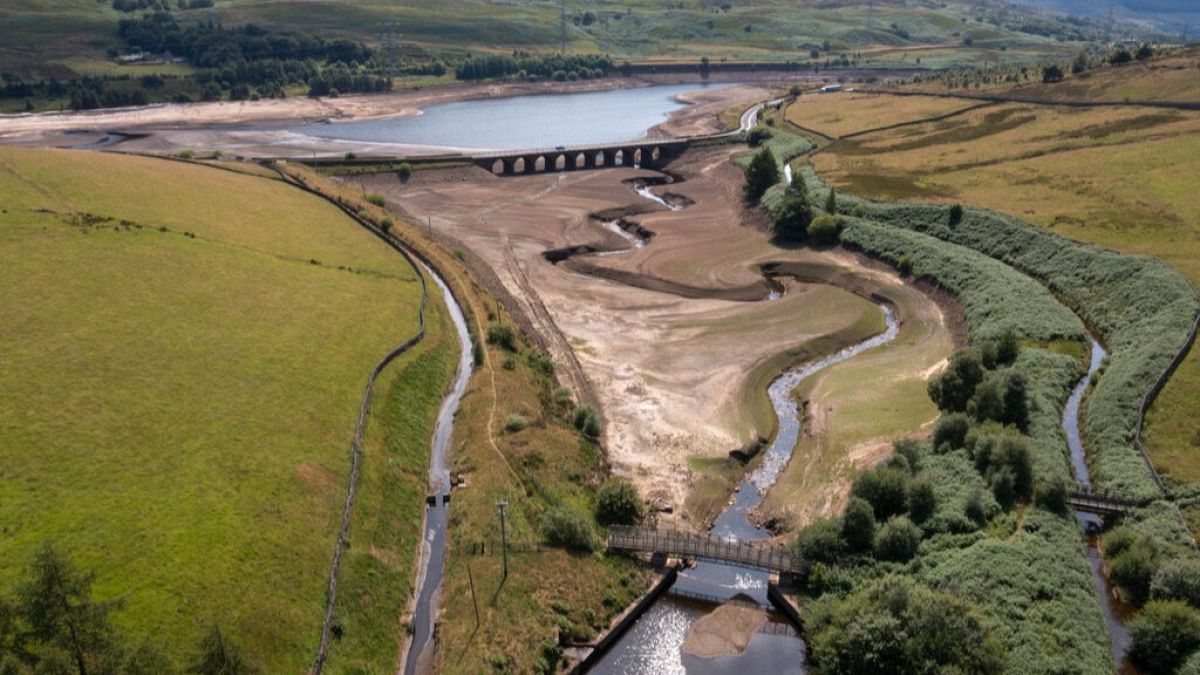

In recent developments, efforts to address environmental and regulatory challenges are gaining momentum, marking a shift towards more sustainable and accountable practices. The UK government plans to establish a new water regulation authority in response to past issues with Thames Water. Meanwhile, innovative solutions in Europe and conservation efforts in Greece demonstrate a commitment to environmental stewardship.
In the UK, major changes are in motion as the Labour government announces the formation of a new regulatory body to oversee the water sector. This comes after issues with Thames Water highlighted vulnerabilities in the existing system, where Ofwat was criticized for not sufficiently preventing abuses. The new watchdog aims to enforce stricter supervision and ensure better resource management, fostering transparency and accountability.
Across the Channel in Hamburg, Germany, an innovative district heating system showcases promising advancements in sustainability. The system utilizes waste heat from a local copper smelter to supply hot water to the city, effectively reducing CO2 emissions. This method of repurposing industrial waste heat represents a significant step in reducing reliance on fossil fuels and contributes to Hamburg’s reputation as a leader in sustainable urban solutions.
Further south, Greece is taking proactive measures to protect its marine ecosystems by designating two new national marine parks. This initiative not only aims to meet international ocean protection targets ahead of schedule but also holds diplomatic significance as it reinforces Greece’s commitment to safeguarding its natural resources. The establishment of these parks provides a protective buffer for marine biodiversity, ensuring that future generations can enjoy the riches of the Mediterranean Sea.
In light of increasing global temperatures, the concept of climate shelters is being explored as a practical response to heatwaves. As urban areas face more frequent and severe heat events, these shelters offer respite and protection, particularly for vulnerable populations affected by energy poverty. By transforming existing spaces into climate-resilient havens, cities can better support their residents during extreme weather conditions.
The Mediterranean region, however, faces the challenges of marine heatwaves, with scientists expressing concern over the potential impact on marine life. The recent spike in sea surface temperatures around Spain and Portugal highlights the urgent need for strategies to mitigate the effects of these warming events. The ongoing climate crisis underscores the critical importance of sustainable practices and global cooperation to protect both marine and terrestrial environments.
Together, these initiatives illustrate a broader trend towards environmental responsibility and improved governance. As countries take meaningful steps to address ecological and regulatory challenges, they pave the way for a future that balances human needs with the health of our planet. Through innovation, collaboration, and commitment, communities can build resilience against the impacts of climate change while promoting sustainable growth and development.
Source: {link}
